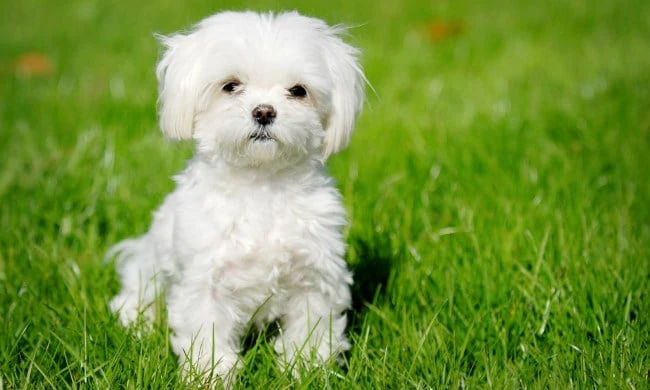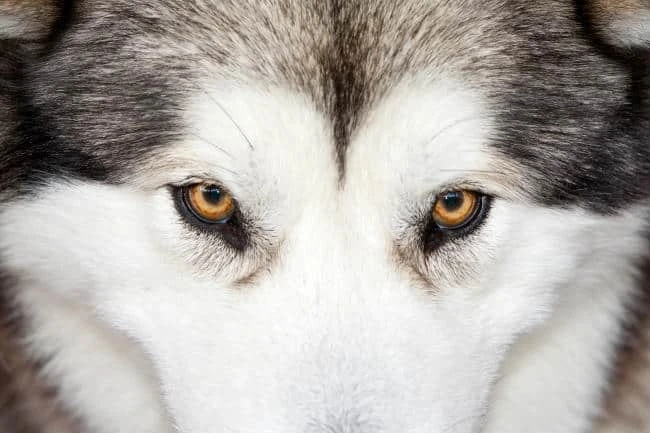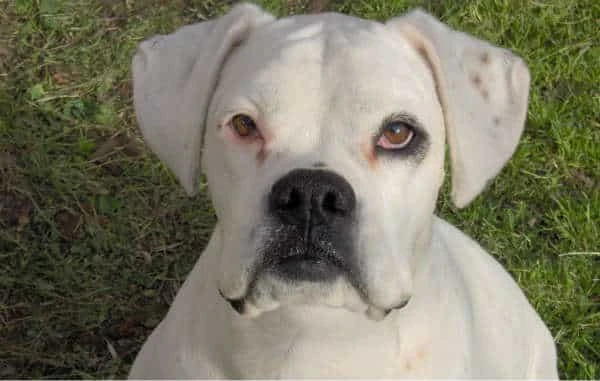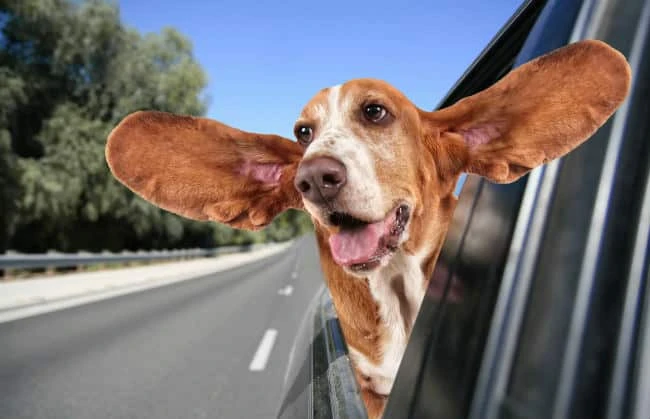Eye Problems in Dogs, Miniature Pomeranian & Luxation of Lense!
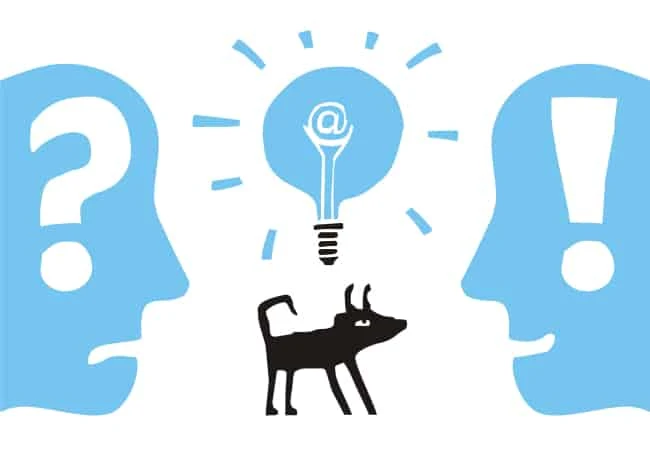
by kapil dave
(Mumbai,Maharashtra,India)
When it comes to eye problems in dogs you should always follow advice from a vet especially after surgery. The question below is about a reader who owns a Miniature Pomeranian that has recenly undergone surgery on luxation of the eye lens and he wanted advice on the best post surgery dog food diet.
Question
Hi my name is Dave Kapil! I have a female Miniature Pomeranian, golden coloured and is 5 years old. She has recently undergone surgery on her left eye as there was a luxation of the lens!! Could you please advise what is the best kind a diet that she should be fed?
Thank you.
Our Response
Hi I am sorry that your dog has recently had to have surgery. When it comes to medical advice I would always ask a trained medical professional as they will be able to give you specific advice for your individual dog. Any answer provided here is general advice as I am not a trained Vet.
What is Lens Luxation?
Lens eye luxation is a particularly nasty eye problem – it is basically a dislocation or displacement of the lens in the eye. The lens is held in place by tiny fibers called Zonules – the Zonules hold the lens in place in between the Iris and Vitreous. The Zonules are basically ligaments that suspend the lens and when these are damaged or break it will cause the lens to become either partially displaced (dislocated) known as subluxated – or the lens can become completely dislocated – luxated. If the lens falls forward then it is referred to as anterior luxation – this is when the lens has fallen forward into the anterior chamber of the eye pupil. If the lens has become dislocated and fallen towards the back of the eye – this is referred to as posterior luxation.
What Causes Lens Luxation in Dogs?
The main cause of lens luxation in dogs is due to…
1. It can be caused due to a genetic flaw (primary cause) that is present in some breeds this is when the Zonules are prone to degeneration. This cause is much more likely to affect both of the eyes.
2. If it is due to a secondary cause then it can be caused by Glaucoma, trauma to the eye through an accident, Idiopathic cause (this basically refers to there not being a known cause). Ehlers-Donlos syndrome is another secondary cause – this is when the Zonules have become weak and prone to dislocation and displacement. Another secondary cause is due to anterior uveitis – this is inflammation of the Iris.
A Good Post Surgery Diet
As for the best dog food diet after surgery you will need to get advice from your vet. Most dogs are able to eat a normal diet after surgery but of course it depends on what type of surgery a dog has had. Normally a moist dog food is fine. Most dogs quite understandably do not have a massive appetite straight after surgery A good way to get your dog to eat is to hand feed your dog – this will encourage eating. Most experts recommend a dog food diet that has a ratio of 1:1 carbohydrates and protein – carbohydrates can be found in pasta, potato and rice, protein can be found in meat i.e. chicken and turkey breast. Some people recommend heating food as it provides a stronger smell and will be more interesting to your dog or puppy. A good recovery post surgery dog food diet is offered by Hills A/D Diet – Nutramax also offer a good post operative dog food recipe.
Hope this helps – we have provided some useful links below.

